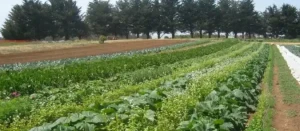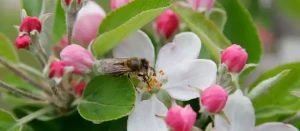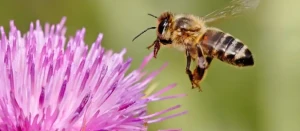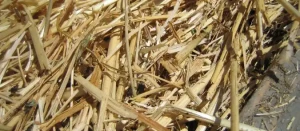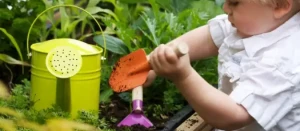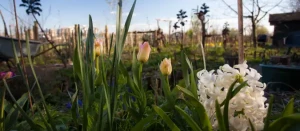SEARCH RESULTS > ARTICLES > insects
As gardeners, we are stewards of the land, nurturing and coaxing life from soil, sun, and water. In our pursuit of abundant harvests and flourishing landscapes, we often seek methods that not only yield bountiful crops but also sustain the delicate balance of our ecosystems. One such approach that has gained significant attention and acclaim is agroecology. Learn More
Learn why building guilds around your trees benefits your garden by fostering ecosystem health, promoting biodiversity, and enhancing soil fertility. Learn More
Gardening for bees is not only beneficial for the environment but also rewarding for gardeners. By planting herbs that attract bees, you not only support pollinators but also enhance the biodiversity of your garden. Here are 13 easy-to-grow herbs that bees love: Learn More
The no-dig method, also known as no-till gardening, is a sustainable and organic approach to cultivating vegetables without disturbing the soil structure. This gardening technique has gained popularity among gardeners due to its numerous benefits for soil health, plant growth, and overall garden productivity. Unlike traditional gardening methods that involve tilling, digging, and turning the soil, the no-dig method emphasizes minimal soil disturbance. Instead of breaking up the soil, gardeners layer organic materials on top of the ground to create nutrient-rich soil beds where plants can thrive. By implementing the no-dig method, gardeners can improve soil structure, enhance soil fertility, and promote beneficial soil organisms such as earthworms and microorganisms. Additionally, this approach helps to conserve water, reduce weed growth, and minimize soil erosion. Learn More
Benefits of Worms in Soil. Worms are invaluable to gardeners for various reasons. They enhance soil structure, increase nutrient availability, and promote microbial activity. One of their lesser-known benefits is their role in regulating soil pH. Learn More
Cover crops are an essential aspect of sustainable gardening. These crops, also known as green manure, are planted primarily to improve soil health, enhance fertility, control weeds, and prevent erosion. Learn More
Welcome, fellow gardeners and parents! As spring approaches, it's the perfect time to engage children in the joys of gardening. Not only does it foster a love for nature, but it also teaches valuable lessons about responsibility, sustainability, and patience. Let's explore some exciting activities to make gardening with kids a delightful experience! Learn More
As winter fades away and the warmth of spring arrives, gardeners everywhere eagerly anticipate the opportunity to cultivate their outdoor spaces once again. Spring heralds the beginning of the growing season, and with it comes a flurry of essential tasks to ensure a successful and bountiful harvest later in the year. Whether you're a seasoned gardener or just starting out, following a comprehensive spring garden maintenance checklist can help set the stage for a productive and thriving garden. From soil preparation to pest management, here are the key tasks you'll want to tackle as you prepare your garden for the growing season: Learn More
